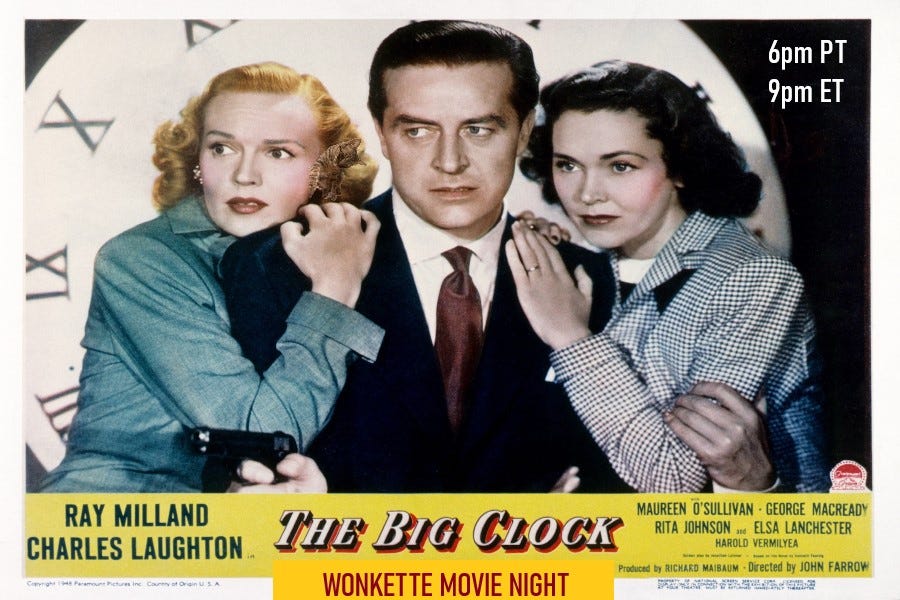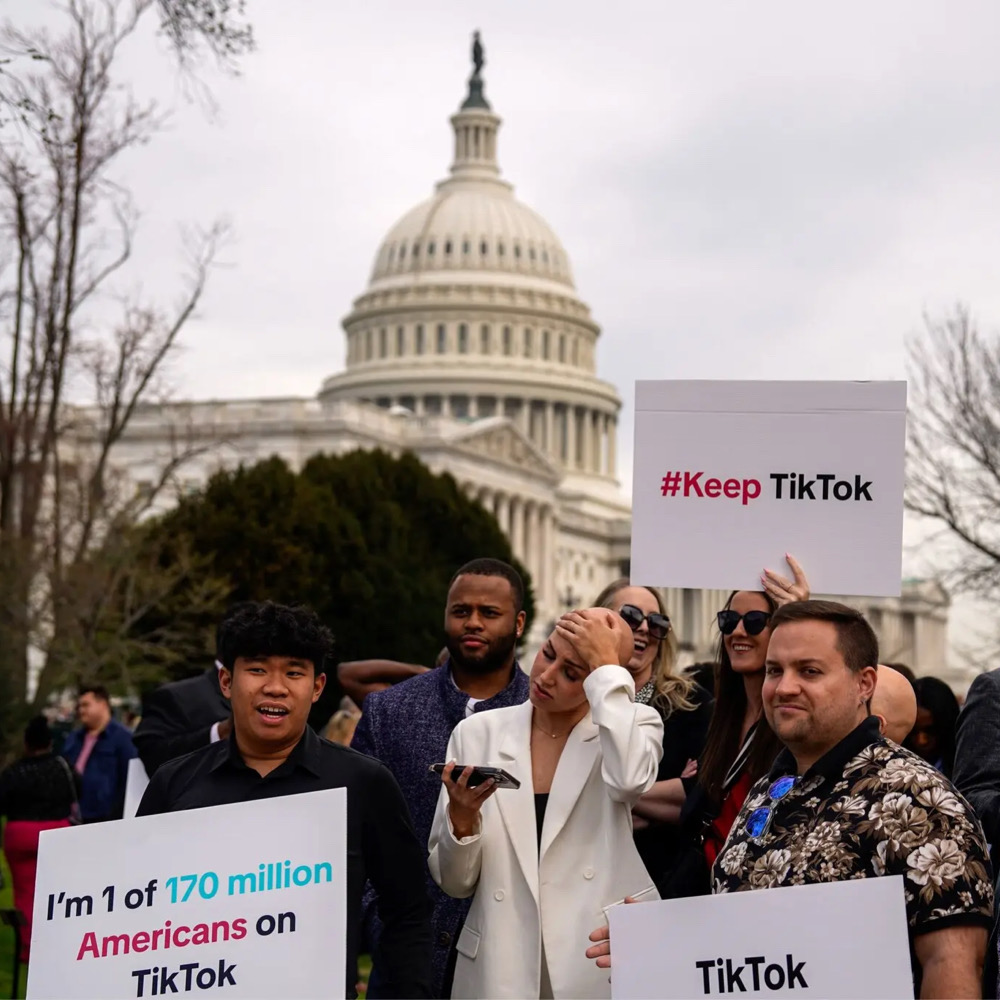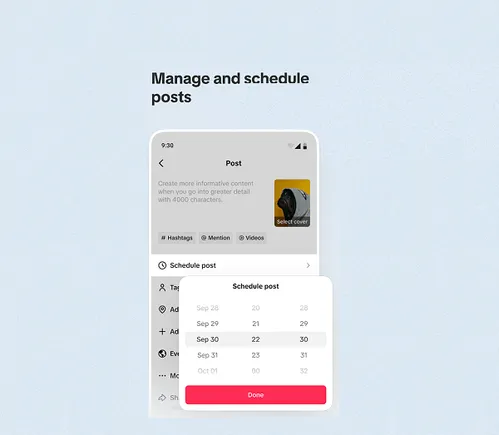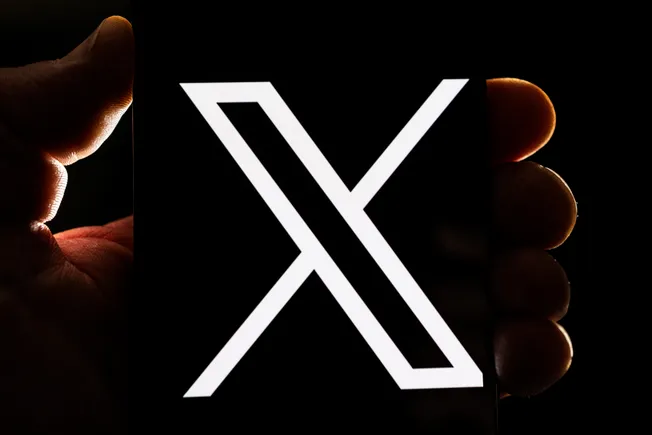A Georgia judge has overturned the state’s ban on abortions after about six weeks of pregnancy — or “six weeks from the first day of your last period actually” — finding that the 2019 law was unconstitutional at the time it was passed, therefore it can’t be used now to restrict abortions. The state attorney general is already moving to appeal the ruling by Fulton County Superior Court Judge Robert McBurney.
The law McBurney tossed out was one of those misleadingly named “heartbeat” bills that prohibits abortion after “fetal cardiac activity” can be detected using a sonogram, although in reality, that electrical activity is present in fetal cells before the heart has actually formed. Most patients don’t even know they’re pregnant by six weeks, which, we repeat is six weeks after the first day of the last period, so about two weeks after your first missed period if you’re really really regular.
For the time being, McBurney’s ruling should allow abortions to resume in Georgia, at least until the appeal is heard. As the AP explains, the lawsuit was filed in July by
doctors and advocacy groups that sought to strike down the ban on multiple grounds, including that it violates the Georgia Constitution’s right to privacy and liberty by forcing pregnancy and childbirth on women in the state. McBurney did not rule on that claim.
Instead, his decision agreed with a different argument made in the lawsuit — that the ban was invalid because when it was signed into law in 2019, U.S. Supreme Court precedent allowed abortion well past six weeks.
McBurney’s ruling points out that Georgia law prohibits the legislature from enacting unconstitutional laws, so in the legal context of 2019, the six-week ban was invalid when it passed, as was reinforced when it was found unconstitutional in a 2020 federal lawsuit. Under Georgia law, then, once a law is found unconstitutional, it’s void for good, and subsequent developments — like the Dobbs decision overturning the right to abortion under Roe v. Wade — can’t retroactively revive it.
Unlike many states, Georgia hadn’t passed a “trigger” law specifying it would go into effect once Roe was gone. Instead, following the Dobbs decision, the state sought (and later received) the go-ahead in federal court to begin enforcing the 2019 law. That was a no-no, McBurney explained, because again, Georgia can’t revive a law once it’s been found unconstitutional, even after new SCOTUS decisions. If Georgia wants a six-week ban on abortion, it will have to start fresh and pass a new law.
It did not become the law of Georgia when it was enacted and it is not the law of Georgia now. Under Dobbs, it may someday become the law of Georgia, but only after our Legislature determines in the sharp glare of public attention that will undoubtedly and properly attend such an important and consequential debate whether the rights of unborn children justify such a restriction on women’s right to bodily autonomy and privacy.
Given the current mood of voters following Dobbs, it’s clearly going to be a far bigger challenge for the government of Georgia to pass a new law banning abortion than it was to simply rig up judicial jumper cables to the 2019 statute and maniacally giggle “It’s ALIVE!”
McBurney decided not to rule on the plaintiffs’ argument that the law also violated the right to privacy under Georgia’s state constitution, saying it couldn’t be determined since the law isn’t legitimately active in the state yet, being void for all time and all.
McBurney also scathingly refuted the state’s contention that, thanks to Dobbs, the 1973 Roe decision wasn’t just overturned, but magically obliterated. In a footnote, he wrote,
The State argues that Dobbs reflects no change in constitutional law “because there was never a federal constitutional right to abortion.” […] Except there was. For 50 years. And we know it because the very same Supreme Court told us so. Repeatedly. Those prior pronouncements carried no lesser effect and were entitled to no less deference in Georgia or anywhere else in the Republic than that which we all must afford the Dobbs decision. Dobbs is now the law of the land;
this Court and every other court in America are bound to apply it faithfully and completely.
In other words, no time travel, please. You can’t drag a law that was invalidated in 2020 into 2022, and you certainly can’t claim that Dobbs has sent the last 50 years down the Memory Hole.
Then McBurney gets right to the power politics that made Dobbs happen: Yes, it’s the law of the land. But let’s not get carried away and pretend that’s due to anything more substantial than a change of personnel on the SCOTUS:
Yet Dobbs’ authority flows not from some mystical higher wisdom but instead basic math. The Dobbs majority is not somehow “more correct” than the majority that birthed Roe or Casey. Despite its frothy language disparaging the views espoused by previous Justices, the magic of Dobbs is not its special insight into historical “facts” or its monopoly on constitutional hermeneutics. It is simply numbers. More Justices today believe that the U.S. Constitution does not protect a woman’s right to choose what to do with her body than did in that same institution 50 years ago. This new majority has provided our nation with a revised (and controlling) interpretation of what the unchanged words of the U.S. Constitution really mean. And until that interpretation changes again, it is the law.
And that’s the true meaning of the Supreme Court, Charlie Brown.
In fact, as legal writer Cristian Farias pointed out on the Twitters yesterday, all McBurney is doing is echoing
Justice Thurgood Marshall, who similarly dressed down the Supreme Court’s majority for overruling precedent simply when they had the numbers.
“Power, not reason, is the currency of this new Court’s decisionmaking,” Marshall wrote in 1991.
Then again, Marshall retired and was replaced on the Court by Clarence Thomas, so Georgia could argue that he’d never been on the Supreme Court at all.
[AP / WaPo / Georgia Recorder / Bloomberg Law / Sistersong Women of Color Reproductive Justice Collective v. Georgia / Photo (cropped): Ted Eytan, Creative Commons License 2.0]
Yr Wonkette id funded entirely by reader donations. If you can, please give $5 or $10 a month to help us keep this mommyblog going!








































































